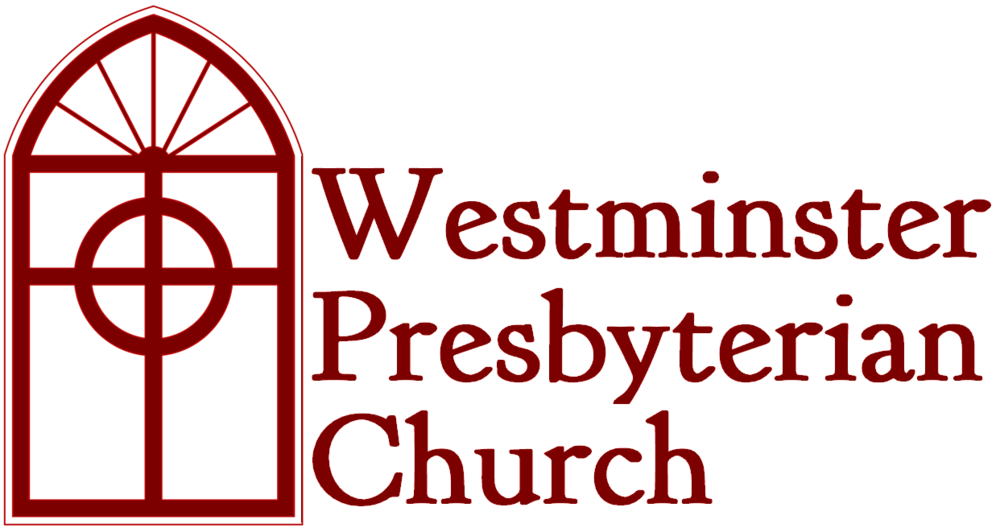Is it just me, or is everything political nowadays? Perhaps it’s naive to say “nowadays,” as if this is something new. But you feel the intensity of it too, don’t you? Award shows are political. Movies are political. The beginning of life is political. The end of life is political. Gender, sex, and sexuality are political. Marriage, family, and medicine are too! Even a word that literally means gospel, i.e. “evangelical,” is, believe it or not, political.
In response to this hyper-political environment, the political right believes we must work toward de-politicizing everything, with the exception of the explicitly political; such as elections, policies, and law & order. We must, according to the political right, carefully carve out a private realm where politics are absent. An alternative response, often from the political left, is to embrace, rather than to resist, hyper-politicization. If, they will say, all citizens would simply get in line with the correct views regarding, for instance, immigration, abortion and sexuality, all of this hyper-politicization would cease to cause division.
On this particular point, I tend to have more sympathy for the latter position of the political left. Unlike many on the political right, the left understands that everything is, in the general sense of the word, political. Certainly it is true that federal and state governments should and do have a limited jurisdiction. Perhaps this is where the political right's desire to shrink or restrict government power gets things right. The government should not tell you who or what to worship. The government should not, under the threat of coercive force, tell you what to say or think. Most people, at least nominally, agree with these limitations. But it gets much trickier, doesn’t it? Of course it does. Just take a look at the following questions, and consider if these would be appropriate for polite discussion at a family gathering.
- Should the government take interest in defining, licensing, and rewarding marriage?
- Should the government actively provide aide to the poor, and if so, to what extent and through what means?
- Should the government act to enforce certain moral views on sex, gender, and/or race, and at what cost to free markets, free speech and free exercise of religion?
- Should the government have a duty to implant within its citizenship a certain level of patriotism, and how should they do this?
- Should the government protect the life of the unborn, even if a woman’s choices are limited by doing so?
- To what extent, if any, should elected officials be moral arbiters for society, and from where should that morality be derived?
- Should pastors, speaking from deeply held beliefs, have the right to use their influence to address political matters? How about the same question, only now concerning actors, musicians or whatever other influential, cultural figure you can imagine?
- Should the government restrict certain kinds of speech in order to protect the sensitivities of particular individuals and/or of classes of people?
Questions like the ones posed above cannot fit into simplistic bifurcations (this or that): religious or secular, moral or pragmatic, church or state, private or public. Without regard for our desire to compartmentalize, the bulleted questions above penetrate every one of these realms (religious & secular, moral & pragmatic etc.). The bulleted questions talk about government action and government jurisdiction, sure, but that’s not all. These questions engage with every facet of human experience: life, death, morality, love, spirituality, ritual, family, education, sex, and finances.
You can understand why everything is political, then, can’t you? Politics inevitably deals with culture, morality and our most basic convictions (religion & philosophy). There is a reason that the ancient philosophers tended to write works on metaphysics, followed by ethics, and then politics. These philosophers progressed from first establishing their basic convictions to then the working out of those convictions in the public sphere.
Our society is deeply divided on every level which has led to divisions on the matters listed above. These various issues boil down to one central, moral question: what kind of society do we the people/polis want to build in this world in which we live. If we possessed a basic agreement on the answer to this question, we would not feel the politicization and divisiveness that we feel today. To summarize: we experience a sense of hyper-politicization more or less intensely depending upon the unity or disunity of views held by the general population, by influential institutions, and by those in elected office.
Therefore, the root cause of hyper-politicization is found in the disunity of our society at every level. Often we think that hyper-politicization causes disunity, which it does. However, I'd argue that disunity is the chicken before it can become an egg, that is, a result of hyper-politicization. This observation is nothing new, nor is it particularly profound. The solution to our plight of disunity and the resulting hyper-politicization has vexed every civilization. But what about the solution?
We ought to deny that the solution to our predicament is to de-politicize the so-called un-political; this is simply impossible. We ought also to debunk the notion that individuals can be simply persuaded or coerced into political conformity, thus alleviating the disunity; to do this would approach the problem in a backward manner, or similarly, it is like chopping off the tip of an iceberg and pretending the whole mass is gone. For Christians, we recognize that the resolution for this disunity that exists within human experience cannot be brought about through governmental coercion, cultural influence, nor through chiseling out a supposedly non-political realm. None of these solutions will suffice.
I will attempt to write another blog soon with a proposed answer to the problem that, I believe, is richer, more hopeful, and abundantly more true than these other options. Stay tuned!









